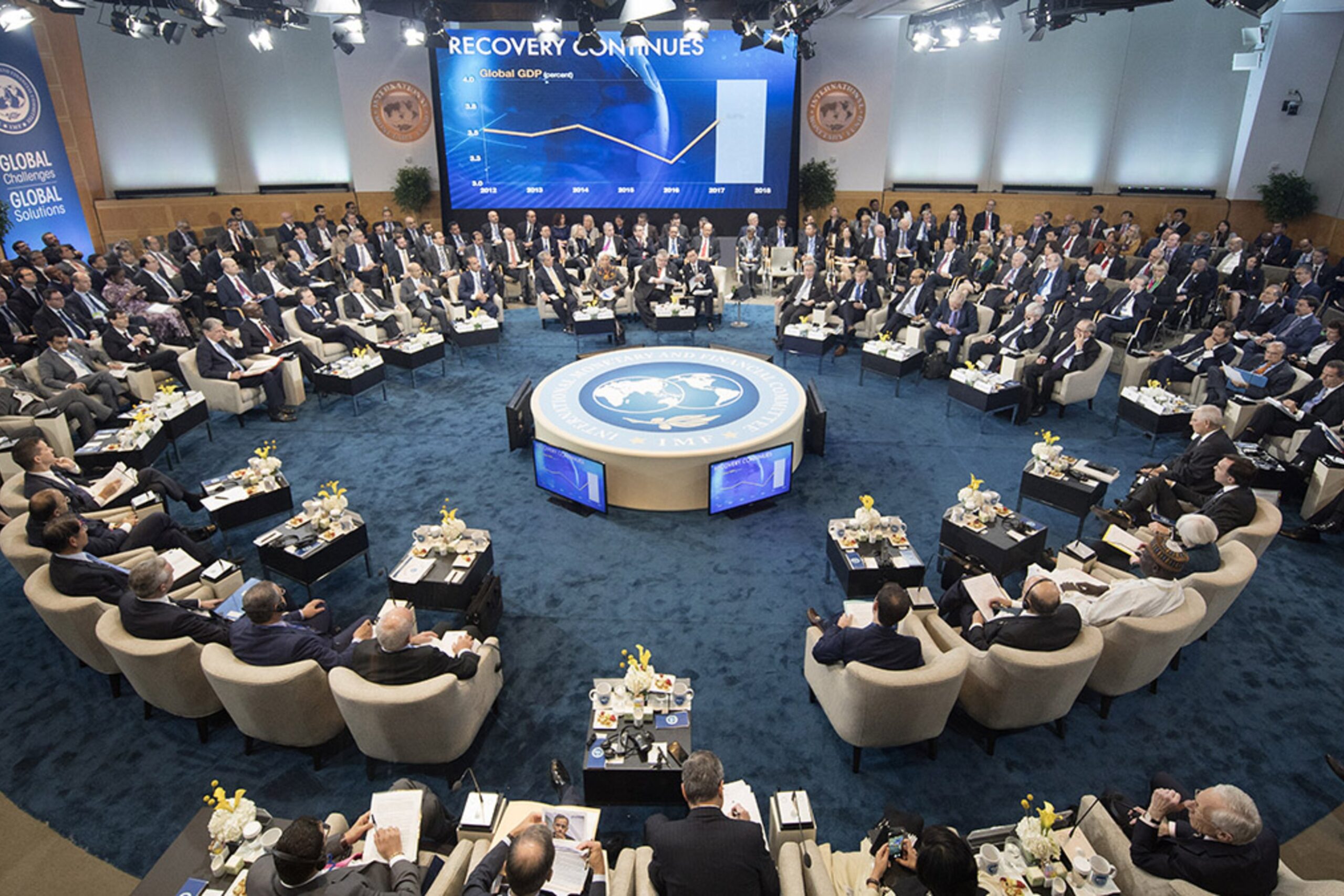Zim reaches out to IMF over policy reform help
Zimbabwe is discussing with the International Monetary Fund (IMF) ways to assist refine its policy mix to stabilise and grow the economy, Finance Minister Mthuli Ncube says, following conclusion by the global lender of its Article IV report on Harare in March this year.
Mthuli made the remarks in response to questions on whether the Government had made progress on overtures to enter a new staff monitored programme (SMP) with the IMF.
SMPs are informal agreements between national authorities and IMF staff to monitor the authorities’ economic programmes and are aimed at helping the authorities establish a track record of policy implementation to pave way for smooth re-engagement with international lenders.
Economic reforms to get the economy back on track form the backbone of Zimbabwe’s plea at the negotiating table as it seeks to engage sponsors for its debt and arrears clearance programme.
The country cleared its arrears with the IMF, after paying US$116 million in September 2016, but is still ineligible for concessionary loans due to the pari pass rules, which compels equal treatment for all multilateral lenders.
Zimbabwe still owes the African Development Bank and the World Bank huge sums as well as a total of 17 Paris Club members. A huge portion of the debts constitutes long overdue arrears.
As at March, Zimbabwe’s consolidated debt stood at US$19 billion, representing 68,1 percent of the country’s gross domestic product, a threshold above the international recommended threshold.
The IMF said in March 2019, at the conclusion of its second SMP that Zimbabwe faced deep macroeconomic imbalances.
“We are discussing those areas, but so far I cannot say anything about progress on the SMP, but we are in discussions with them about how best to tackle certain policy areas, as we go forward in the next 12 months,” he said.
Asked if the engagements were positive, Mthuli said the critical issue was whether Government’s policy reforms were working or not. “I think in the past we have actually done better as policy makers, outside the SMP.”
He said for the Government, the focus should not be on the SMP, but on determining if the package of policies being rolled out by the Government works to the desired effect.
The Treasury chief said in the event the policies proposed by the Government did not work, authorities would refine or introduce new policy measures until it gets the right formulae.
Commenting on whether Zimbabwe would consider the Highly Indebted Poor Countries (HIPC) route to resolve an unsustainable debt, Mthuli said it was one of many options open to Zimbabwe.
He said Zimbabwe could also pursue the standard approach to clearing its arrears with multilateral lenders, which entails accessing bridging finance from a sponsor and then repay through soft windows of global lenders like IMF and the World Bank.
He said there was a whole process around clearing arrears with multilateral lenders; the IMF, African Development Bank and World Bank before the country moves to stage two of paying off its debts; to Paris Club members.
“But look, we want to be known as good debtors not bad debtors; that is how we have started paying something to all our debtors; so we are paying to the World Bank, paying to the IMF and paying to all the 17 Paris Club creditors that we owe money.”-eBusiness Weekly











